Welcome to APA Learn!
Explore the catalog by scrolling through the courses on each page or by filtering by topic, price, credit type, or credit amount. Your purchased courses will appear in your APA Learn dashboard.

The Michigan Office of Rural Prosperity is working with communities to help them prepare for and respond to complex changes facing rural Michigan. New programs and research led by the Office are offering important solutions for planning in rural areas.

Community members often lack access to the knowledge needed to effectively influence systems that serve them even when they are invited to the table. Without sustained investment into community capacity-building and relationships, community engagement tools will continue to fall short.

The heightened expectations of the State of California raised standards for housing programs in cities of all kinds. Three vastly different cities serve as examples of successful executions of housing elements that confront housing issues through meaningful and measurable programs.
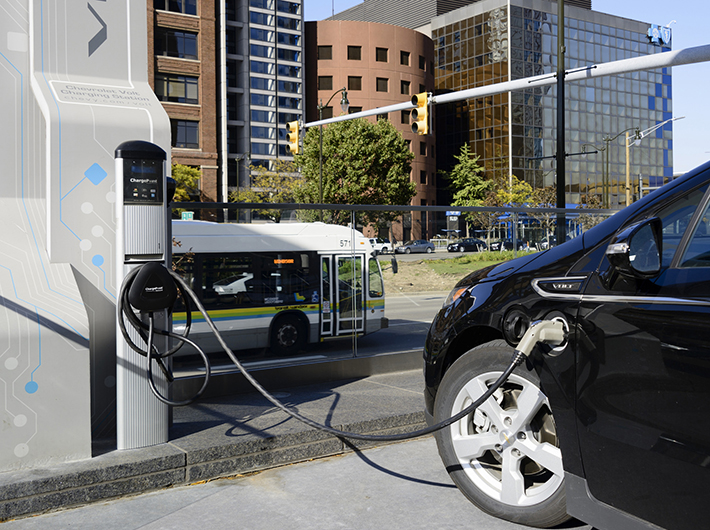
Explore how Charging Smart, a technical assistance and designation program, can support local planning and zoning officials in accelerating equitable electric vehicle (EV) charging development within their communities.
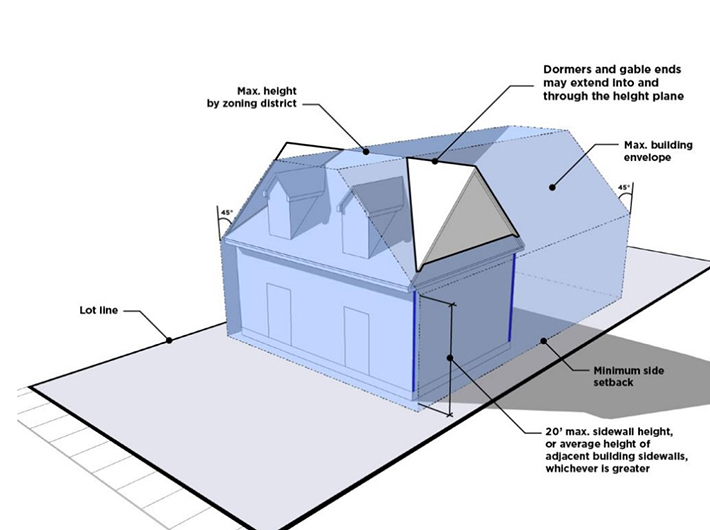
This presentation focuses on the perspective and approach of three different cities (Charlotte, Minneapolis, and Portland) to filling the missing middle housing issue that prevails countrywide. It provides historical context, visioning process, policies, adopted regulations, challenges, lessons learned and successes.

Discover the Chihuahuan Desert Climate Fellowship, launched by El Paso's Office of Climate and Sustainability. Learn how fellows from underserved communities gain experience to become climate advocates while driving impactful change within their neighborhoods, shaping the regional climate action plan.

Changes in society and the economy over the past few years create new challenges and opportunities across the country for downtowns. Learn how several planning directors are meeting the challenge and adapting their downtowns for an inclusive future.

In planning, city digital twins can be used for experimentation and simulation, to test policy options, to enhance cross-departmental collaboration, and to improve community engagement. Learn how to get started with examples from Columbus, Georgia, and Boston.

A cumulative impact assessment is one tool that the government can use to understand the disproportionate burden over time within its communities. This course will highlight the role planners can play in facilitating assessments that center on community leadership and equity.

Local climate planning and action are critical to addressing the global climate crisis through strategies for economic and environmental resiliency and GHG emission reduction. Ideal for planners at a range of scales looking to focus their efforts on high-impact solutions.
CM I 1.00 (1.00 Sustainability & Resilience)
Nonmember Price: $0.00
Member Price: $0.00
For a complete list of Speakers, click here.

Congestion pricing programs have long been a goal of urban planners working to improve safety, environmental, economic, and livability standards in their cities. New York City is in the process of implementing its program and offers many valuable lessons.
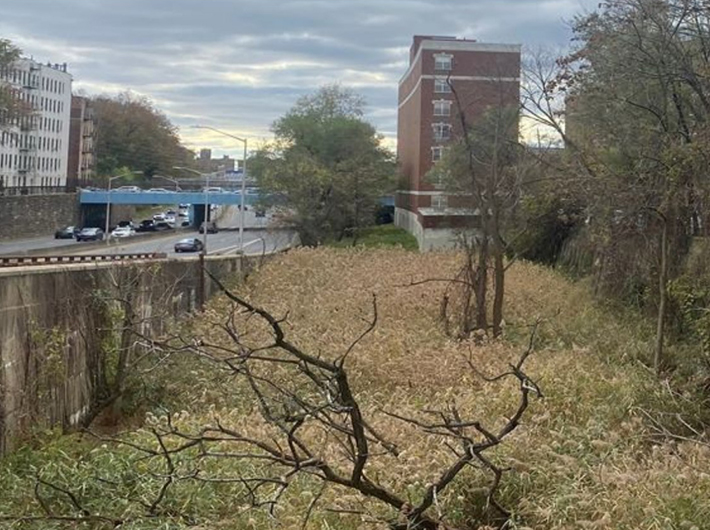
The daylighting of Tibbetts Brook – a historic Bronx stream – will use green infrastructure to improve water quality while creating recreational space. It will also catalyze community change, anchored in ecological improvements and amenities at nearby Van Cortlandt Park.

Top officials from the Biden Administration discuss these initiatives and why they see housing planning and zoning reform as vital to the success of the infrastructure law.
CM I 1.0 (1.0 Law)
Nonmember Price: $40.00
Member Price: $20.00
For a complete list of Speakers, click here.

"What keeps you up at night?" Liability for regulating development in flood-prone areas should not be on your list! Learn about a valuable resource for local planners, floodplain professionals, and their legal counsel in navigating the law surrounding floodplain management.
CM I 1.50 (1.00 Law)
Nonmember Price: $0.00
Member Price: $0.00
For a complete list of Speakers, click here.

Climate change intensifies risks for marginalized communities historically excluded from planning processes. Planners must adopt inclusive and creative strategies to address these disparities, ensuring that all communities in the future are stronger, resilient, and equitable.

View five technological advancement examples designed to emphasize the use of international smart technology in planning.
CM I 1.0 (1.0 S+R)
Nonmember Price: $40.00
Member Price: $20.00
For a complete list of Speakers, click here.
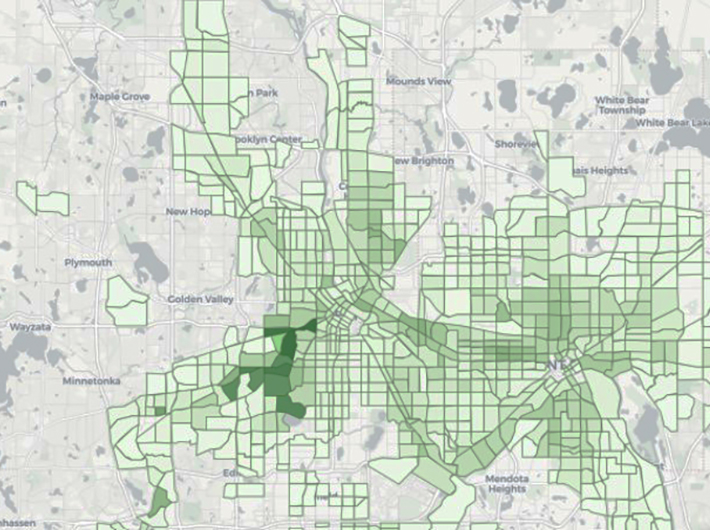
Discover how these publicly available datasets can refine your planning approach with multimodal travel-time metrics to essential destinations at the block level. Utilize this groundbreaking data to quantify the impact of land use and transportation, revealing connected or isolated communities.
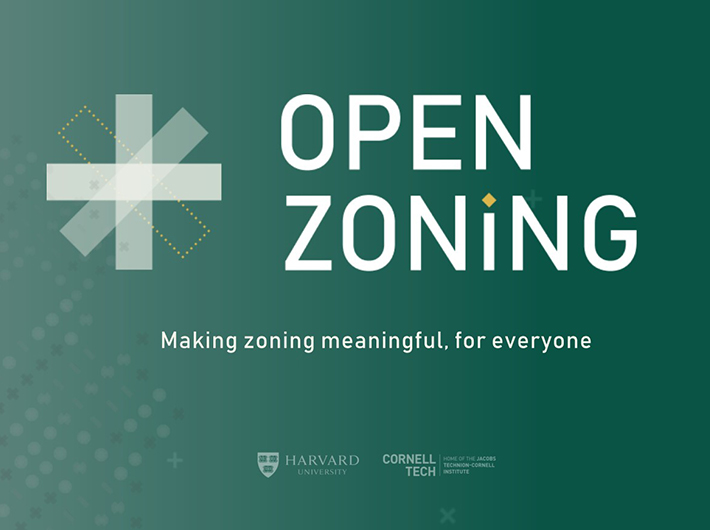
Open Zoning is democratizing zoning codes, allowing anyone to access them as simple visuals for any property or city in seconds, crowdsourcing new ways forward for the bottom-up response to the housing crisis.
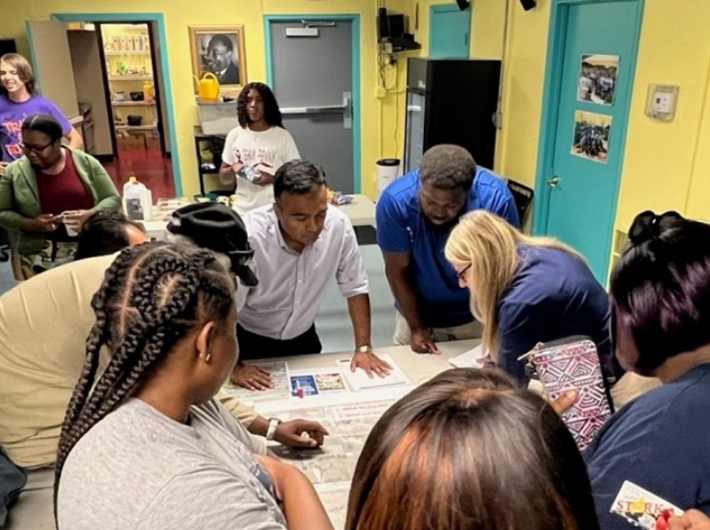
As planners, we need to apply best practices and success metrics to determine that our engagement processes are garnering input from audiences most impacted by our planning work. Intersectionality analysis is a valuable tool to achieve successful project outcomes.
CM I 1.00 (1.00 Equity)
Nonmember Price: $0.00
Member Price: $0.00
For a complete list of Speakers, click here.

Explore what "business-friendly" truly means in our communities. This course dives into varied perspectives from developers, economic professionals, and officials. Discover actionable strategies to enhance community engagement and shift perceptions about planning and development.
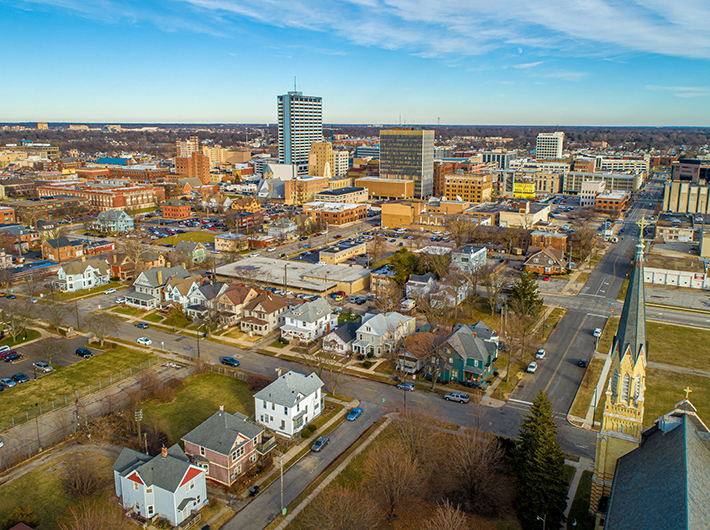
You do not need to reinvent the wheel with your housing strategy: Explore over a decade of best practices and lessons learned from efforts across the country including zoning and comp plan hacks, pre-approved plans, Housing Priority Mapping.

Inclusive design goes beyond meeting and engaging with stakeholders; it expressly meets the unique spatial needs of populations often excluded from the process. This course reviews research on outside spaces and actual public school construction unique to the autistic community.
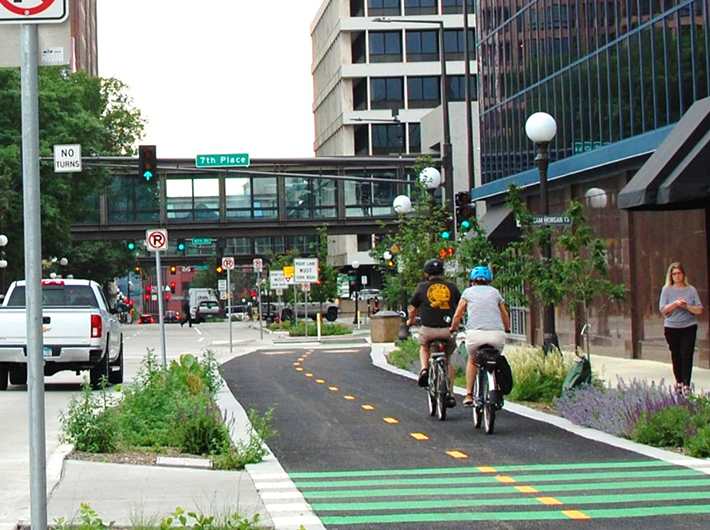
Housing, transportation, land use, economic development planners, and more: YOU have a role to play in reducing vehicle miles traveled (VMT) to meet emissions goals. Learn from MnDOT’s trailblazing efforts and take home VMT reduction strategies you can implement!
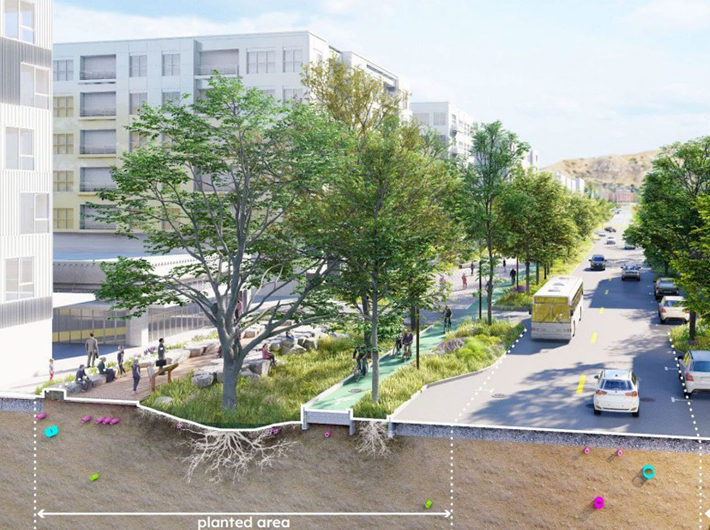
Cities of all sizes are addressing the changing landscape of work, housing, and public space post-pandemic. Representatives from Boulder, Salt Lake City, and Los Angeles will share recent wins, on-going challenges, and exciting visions for the future of their downtowns.
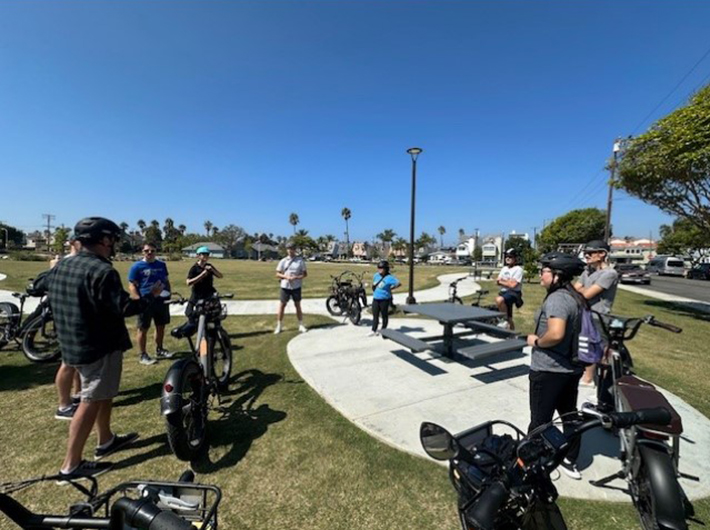
Depending on who you ask, e-bikes are either the future of urban mobility or a flammable death trap. Like them or not: they're coming in droves. Get ahead of the boom: learn about effective safety campaigns, policies, incentives/rebates, and other solutions.

How do we address 1,500 miles of missing sidewalks and spend $300+ million in bond funds? How do trails and bikeways intersect with gentrification and displacement? ATX Walk Bike Roll tackled these big challenges by breaking them into manageable pieces.

Join the Planning Revolution: Explore how diversity and innovation are redefining our profession. Discover why this is not just the future but the very essence of urban planning success.

Rising traffic-related fatalities and injuries are unsettling. But there are solutions, especially when data are matched to contexts. This session equips planners with a cutting-edge safety toolkit and funding strategies to reduce crashes and increase safety for all roadway users.

Human-Centered Design begins with the real stories of real people and ends with policy solutions that address the challenges community members face. In between is a collaborative process to find solutions to uncover common needs that we might otherwise miss.

This webinar will explore key skills needed to integrate empathy and compassion in planning practice. It will focus on deepening planners' awareness of and practice of skills that support them in honoring their own identity (and stories) while also respecting and valuing the varied identities, stories, and experiences of the community, leading to relationships that can advance equitable and sustainable planning.
CM I 1.00 (1.00 Ethics)
Nonmember Price: $40.00
Member Price: $20.00
For a complete list of Speakers, click here.
